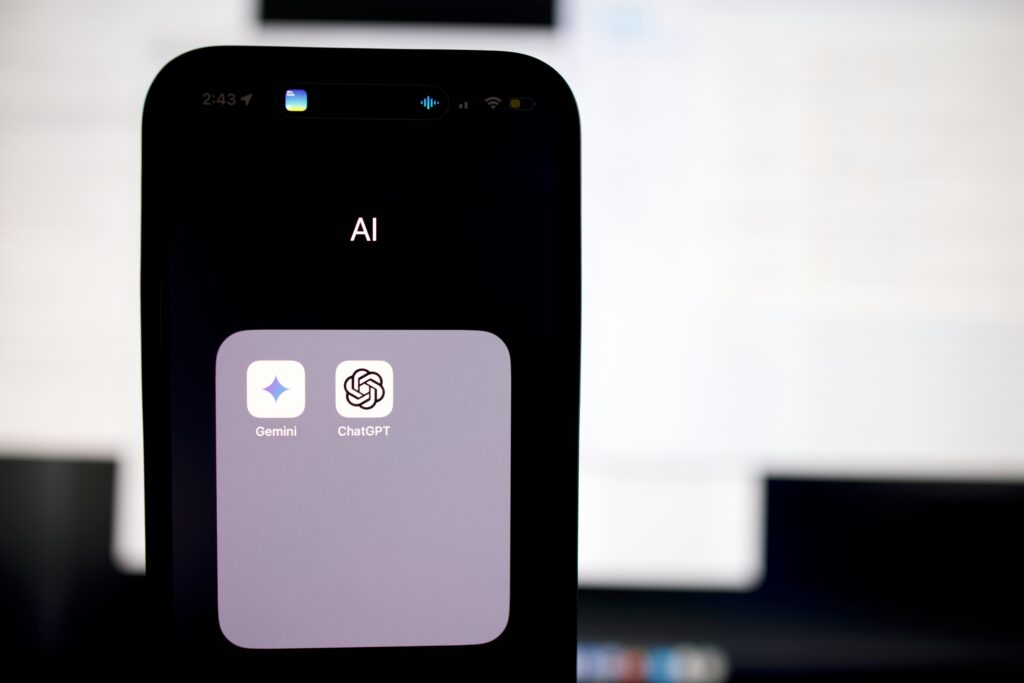In the ever-evolving realm of technology, businesses must stay abreast of the latest software trends to remain competitive. As we peer into the future of software development, several transformative trends stand poised to redefine industry standards, drive innovation, and influence market dynamics. Here’s an in-depth look at these trends and why businesses should pay attention.
The Rise of AI and Machine Learning: The integration of Artificial Intelligence (AI) and Machine Learning (ML) into business operations is no longer a novelty but a necessity. These technologies are streamlining operations, enhancing decision-making, and personalizing customer experiences. As AI becomes more accessible through platforms like AI-as-a-Service (AIaaS), smaller enterprises will also be able to leverage this powerful tool, democratizing high-level analytics and insights across sectors.
A New Era of Cybersecurity: With digital threats becoming more sophisticated, the demand for advanced cybersecurity solutions is at an all-time high. Future software must not only defend against a landscape of evolving threats but also provide proactive solutions that can predict and mitigate potential breaches. The focus will shift towards not just protecting data but also ensuring it is used ethically and in compliance with increasingly stringent global regulations.
Quantum Computing Breakthroughs: Although still in its nascent stages, quantum computing promises to revolutionize fields from cryptography to material science. As this technology becomes more mainstream, software developers will need to create new frameworks and algorithms to harness its power. Businesses should start considering the implications of quantum computing on their operations and possibly begin investing in exploratory projects.
Cross-Platform Compatibility: As the digital ecosystem grows more interconnected, software that operates fluidly across various platforms and devices will dominate. Tools such as Flutter and React Native are making it easier to develop such versatile solutions, ensuring a seamless user experience that could significantly enhance customer satisfaction and engagement.
The Edge of Computing: The exponential growth of IoT devices has propelled edge computing into the spotlight. By processing data locally rather than in a centralized cloud, businesses can achieve faster response times and improved functionality. This is particularly crucial for real-time applications that are critical to industries such as manufacturing and healthcare.
Green Software Engineering: Environmental sustainability is becoming a key consideration in software development. Energy-efficient software not only helps in reducing overall carbon footprint but also aligns with global efforts to combat climate change. Companies adopting these practices are likely to be viewed favorably by environmentally conscious consumers and investors.
Expanding Blockchain Applications: Beyond its well-known applications in cryptocurrency, blockchain technology offers immense potential in areas like supply chain management, secure voting systems, and more. Its ability to provide transparency and security makes it an attractive option for industries where these attributes are paramount.
The Revolution of Low-Code/No-Code: These platforms are making it increasingly easy for non-technical individuals to create custom applications. This trend is empowering more people to solve unique business challenges and fostering innovation at an unprecedented scale.
These software trends are more than just fleeting fads; they are the harbingers of a more efficient, secure, and innovative business environment. By embracing these developments, businesses can not only enhance their operational efficiency but also gain a significant competitive edge.
Let’s open the floor for debate: which of these trends do you think will have the most substantial impact in the next decade? Are there potential risks associated with these technologies that might outweigh their benefits? Engage with us in the comments below and let your views shape the conversation.


исследования и анализ данных — ключевой инструмент для оценки социально-экономических процессов. Аналитические отделы разрабатывают отчёты о состоянии экономики и общества. Аналитики анализируют экономические, социальные и политические данные для прогноза. Применение аналитических платформ и программного обеспечения позволяет глубже изучать процессы. Отчёты и аналитические обзоры обеспечивают понимание текущей ситуации и перспектив развития. Специалисты выявляют потенциальные угрозы и перспективные направления развития. Оценка социальных показателей позволяет формировать эффективные программы. Анализ предприятий и отраслевых трендов помогает принимать решения по инвестициям. Применение систем аналитики и бизнес-интеллекта позволяет интегрировать данные из разных источников. Центр анализа социально-экономической политики также публикует рекомендации для органов власти и бизнеса. Отслеживание динамики экономических показателей, социальных процессов и политических событий помогает прогнозировать будущее. Анализ взаимодействия факторов помогает минимизировать риски и оптимизировать результаты. На основе аналитики создаются точные прогнозы и практические рекомендации для бизнеса и государства.
https://ansep.ru
Your comment is awaiting moderation.